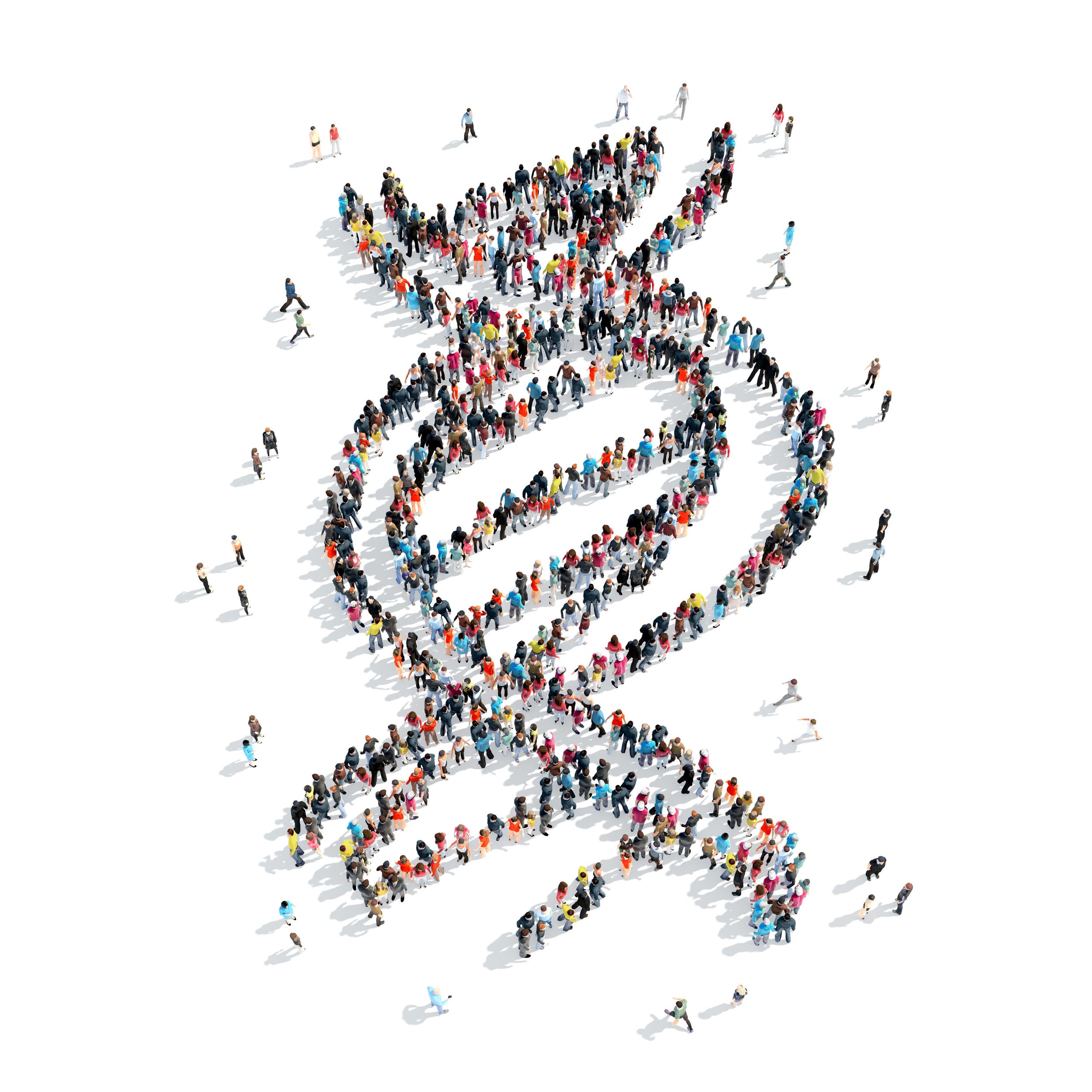
The biological library to power drug development's GPT-moment
Everyone’s talking about biotech’s imminent GPT-like moment:
-
"There's no question that digital biology is going to be...one of the biggest revolutions ever...[F]or the very first time in our history, biology has the opportunity to be engineering, not science..."
Jensen Huang, Berkeley Dean's Speakers Series, March 9th, 2024
-
"The thing I'm personally most excited about [with AI] is doing faster and better scientific discovery."
Sam Altman, All In Pod, May 10th, 2024
-
"The next big game-changing revolution is in biology."
Eric Schmidt, Time Magazine ("We Need to be Ready for Biotech’s ChatGPT Moment"), April 16th, 2024.
